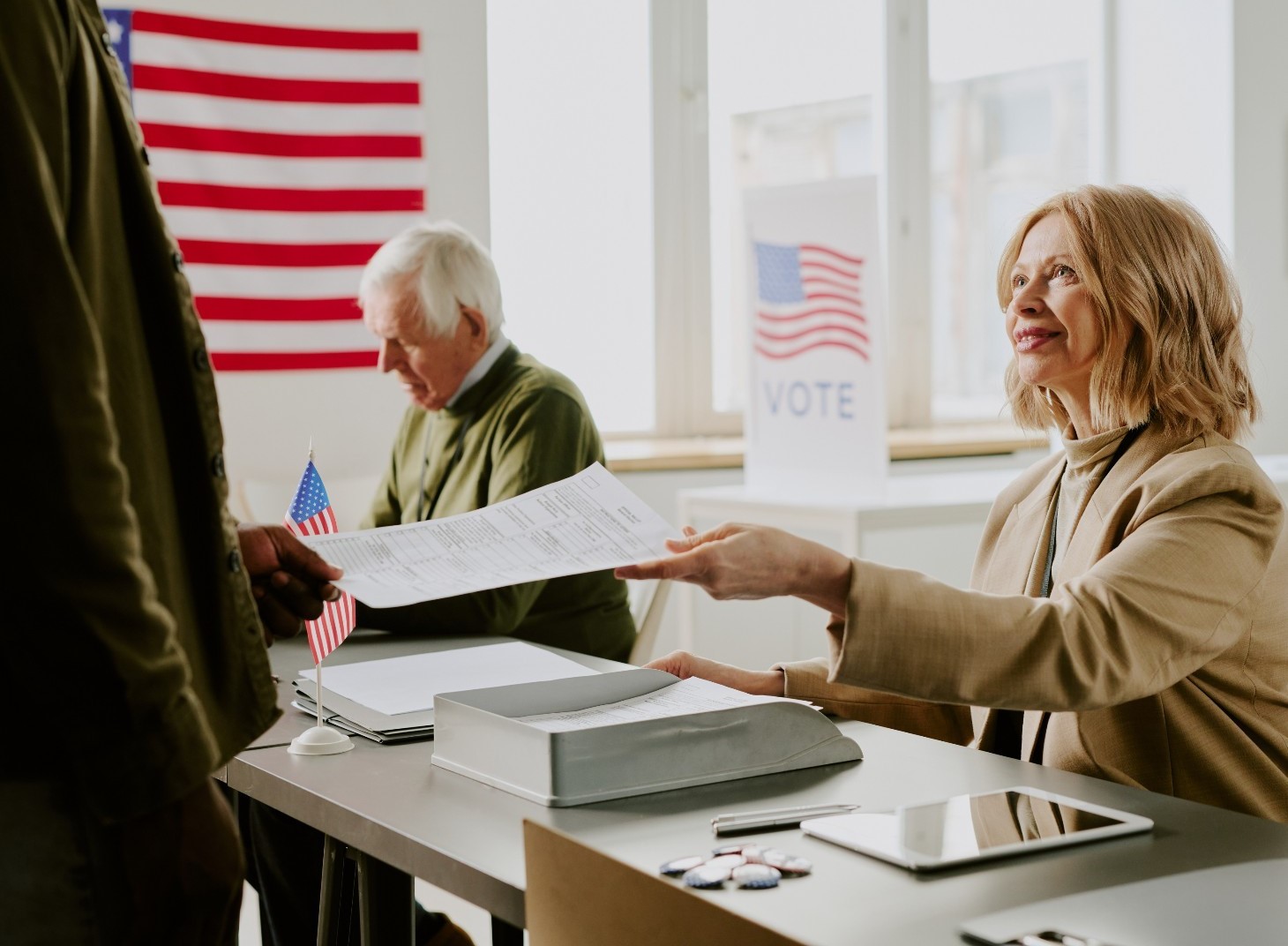
Voting is a powerful tool that shapes our communities and future. It’s not just about picking leaders; it’s about having a say in decisions that affect daily life. Every vote counts and can influence policies on education, healthcare, and the environment. By voting, you exercise your right to voice opinions and drive change. It’s a way to hold elected officials accountable and ensure they represent the people's interests. Skipping the polls means missing out on the chance to make a difference. Voting also strengthens democracy, showing that citizens are engaged and invested in their country's direction. So, why is voting important? Because it empowers individuals, fosters accountability, and shapes the future.
Key Takeaways:
- Voting gives you a voice in how your country is run, influences important decisions, and holds leaders accountable. It's a right that has been fought for and has a big impact on communities.
- By voting, you help shape your community, prevent tyranny, and reflect public opinion. Despite challenges, it's important to address them for a fair and accessible electoral process.
Why Voting Matters
Voting is a fundamental right and responsibility in a democratic society. It allows citizens to have a say in how their country is governed. Here are some compelling facts about the importance of voting.
-
Voice in Government: Voting gives you a voice in the government. By casting a ballot, you help decide who will represent your interests at local, state, and national levels.
-
Influence Policy: Your vote can influence public policy. Elected officials make decisions on issues like healthcare, education, and the environment. Voting helps ensure these decisions reflect the will of the people.
-
Hold Leaders Accountable: Voting holds leaders accountable. If elected officials fail to meet their promises, voters can choose new representatives in the next election.
Historical Significance of Voting
The right to vote has a rich history, marked by struggles and triumphs. Understanding this history can deepen our appreciation for the privilege of voting.
-
Women's Suffrage: Women fought for decades to gain the right to vote. The 19th Amendment, ratified in 1920, granted women this right in the United States.
-
Civil Rights Movement: The Civil Rights Movement of the 1960s was pivotal in securing voting rights for African Americans. The Voting Rights Act of 1965 aimed to eliminate racial discrimination in voting.
-
Youth Voting Rights: The 26th Amendment, ratified in 1971, lowered the voting age from 21 to 18. This change recognized the importance of young people's voices in the democratic process.
The Impact of Voting on Communities
Voting doesn't just affect individual voters; it has a broader impact on communities. Here are some ways voting can shape the places we live.
-
Community Resources: Voting can determine the allocation of community resources. Elected officials decide on funding for schools, parks, and public services.
-
Local Leadership: Local elections often have a direct impact on daily life. Voting in these elections can influence decisions on zoning, public safety, and local ordinances.
-
Civic Engagement: Voting fosters civic engagement. When people vote, they are more likely to participate in other forms of community involvement, such as attending town meetings or joining local organizations.
The Role of Voting in Democracy
A healthy democracy relies on active participation from its citizens. Voting is a key component of this participation.
-
Legitimacy of Government: Voting gives legitimacy to the government. When more people vote, elected officials have a stronger mandate to govern.
-
Preventing Tyranny: Voting helps prevent tyranny. By regularly choosing new leaders, citizens can prevent any one person or group from gaining too much power.
-
Reflecting Public Opinion: Voting reflects public opinion. Elections provide a snapshot of what the electorate thinks about various issues and candidates.
Challenges and Solutions in Voting
Despite its importance, voting can come with challenges. Addressing these challenges is crucial for a fair and accessible electoral process.
-
Voter Suppression: Voter suppression tactics can disenfranchise certain groups. Efforts to combat these tactics include advocating for policies like automatic voter registration and early voting.
-
Voter Education: Lack of voter education can lead to low turnout. Providing resources and information about candidates and issues can help voters make informed decisions.
-
Accessibility: Ensuring that voting is accessible to all, including people with disabilities, is essential. This can involve providing mail-in ballots, accessible polling places, and assistance for those who need it.
The Power of Your Vote
Voting shapes our communities and future. Each vote counts, influencing decisions on education, healthcare, and infrastructure. It’s not just a right but a responsibility. By voting, you voice your opinions and hold leaders accountable. It’s a way to support policies and candidates that align with your values.
Skipping elections means missing out on the chance to impact change. Remember, many fought for this right. Honor their struggle by participating. Voting also sets an example for younger generations, teaching them the importance of civic duty.
Your vote can sway close elections. Local elections, in particular, often hinge on a handful of votes. Don’t underestimate your influence. Stay informed, register, and make your voice heard. Voting is a powerful tool for shaping a better future. Use it wisely.
Frequently Asked Questions
Was this page helpful?
Our commitment to delivering trustworthy and engaging content is at the heart of what we do. Each fact on our site is contributed by real users like you, bringing a wealth of diverse insights and information. To ensure the highest standards of accuracy and reliability, our dedicated editors meticulously review each submission. This process guarantees that the facts we share are not only fascinating but also credible. Trust in our commitment to quality and authenticity as you explore and learn with us.
